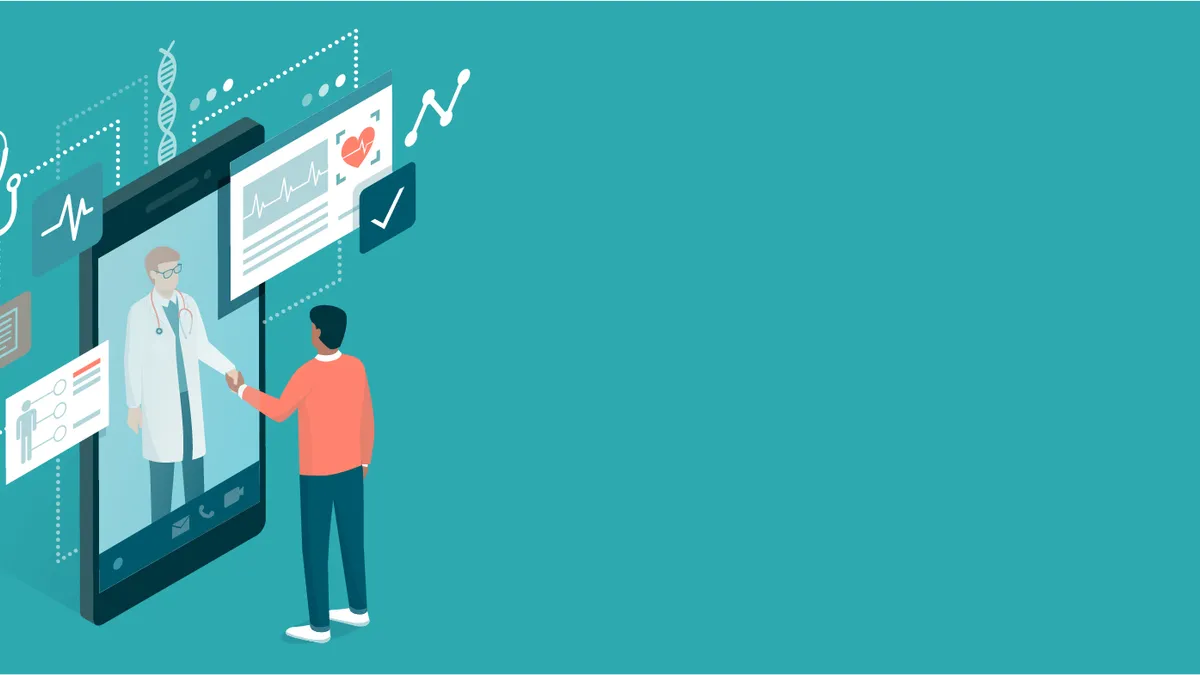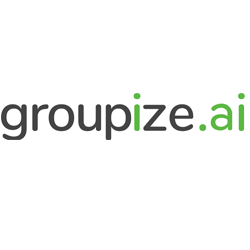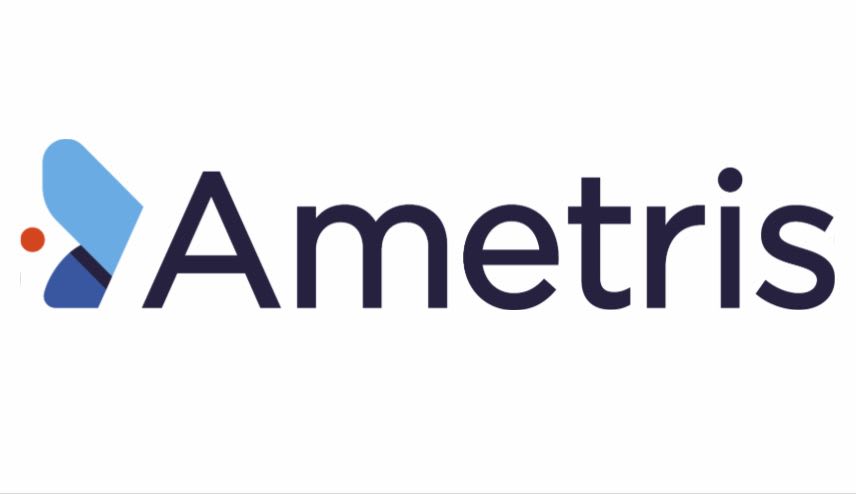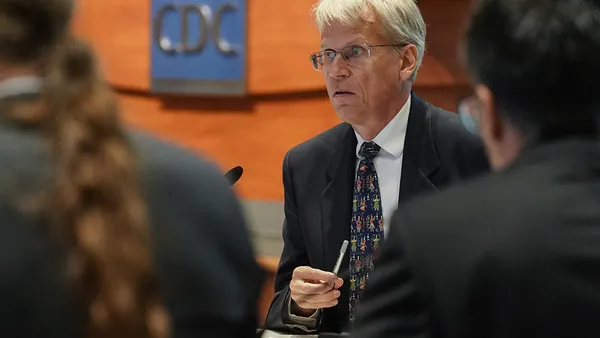When Lark Health decided to embark on its most recent decentralized trial with Curavit, a virtual CRO, its leaders saw the potential for a host of benefits.
According to OraLee Branch, the trial’s principal investigator and Lark’s director of clinical studies and research, a decentralized clinical trial (DCT) would be more patient-centric and convenient. It could boost efficiency, would likely be faster, and could help with recruiting a diverse population.
Lark joins an increasing amount of small to midsize companies now transitioning to DCTs, which provide solutions for a number of common logistical headaches.
It was also a natural fit for the midsize digital therapeutic company, which uses a cognitive behavioral therapy approach to create mobile apps aimed at managing and preventing chronic diseases, such as diabetes and hypertension. The apps’ features also include personalized coaching, and use artificial intelligence to help support lifestyle changes, such as weight loss, quitting smoking, or managing stress.
“I came to Lark from an academic background. I was a principal investigator and a full professor at various leading medical universities. So, I have a lot of experience in clinical trials and in managing decentralized, multi-site institutional trials,” Branch says.
For their upcoming study, which will test the use of a chronic disease prevention and management program, Lark wanted to enlist the help of other experts.
“We wanted a CRO who has had this kind of expertise, so that we can focus on what Lark does best, which is have great programs and great experiences for the user,” says Branch.
As an added bonus, they hope that having an outside CRO coordinating and managing data will bolster data integrity.
“We want this to be a high data integrity representation and the easiest way to do it is to have that external collection,” she says.
Here, Branch discusses how Lark plans to gain from using a DCT and how it is overcoming challenges associated with this approach.
PharmaVoice: What advantages do you hope decentralization will bring in terms of recruitment?
OraLee Branch: In conventional trials, which are typically brick and mortar or in-person trials, the people who end up participating are a select group. They are what you’d call a biased collection of participants. These are people who are willing and able to travel to the facility where the trial is conducted. People who join trials are sometimes more health conscious than the average person, or more likely to be from an urban versus a rural area. Participants also tend to be less diverse, or from different socioeconomic backgrounds than the general public. We want to remove that bias from the trial. That allows us to study people who are more likely to be the future users of Lark, so that the results that we’re obtaining are applicable to the general population. We want to make sure that we’re reaching the people who we know will be the users of our program.
Are there other benefits of a decentralized trial?
We are also hoping to connect a lot of fragmented information. We want to link laboratory results with clinical findings, and with the user’s every day well-being measures. That is why we really have our eyes on this decentralized clinical trial.
Have you experienced any challenges when preparing to use the decentralized model?
We needed to balance the use of clinically validated tools while staying true to Lark’s tone and voice. When formulating materials for participants, it was important to use clinically validated questionnaires. We are very much about clinical rigor and using tools that can pass the clinical test. But we also wanted to maintain the company’s voice and to create materials that were accessible to a diverse population. That is a challenge. We had our design and creative team really look at this and say, ‘While you can’t change certain aspects of the clinically validated instruments, maybe we can change subtle things like fonts and colors so that we’re making sure to reach the person in a way that is consistent with Lark’s typical approach.’
What advice do you have for other organizations that may be considering a decentralized trial?
I think that they should do it. I absolutely think that this is the trend. Participants are going to start demanding these convenient methods of participating in research. My advice is to go ahead and get used to it now. But also think about the fact that you’re going to get data that is going to be generalizable to your target audience. The results that you might have gotten from a prior clinical trial might have been so biased, and so different from the real-world application that your new results might surprise you. This is a good thing because it will tell you about the population you really want to help. But be prepared. Some of these clinical results will likely deviate from that very biased, select, handful of people who happened to walk into your clinic on Tuesday morning.











